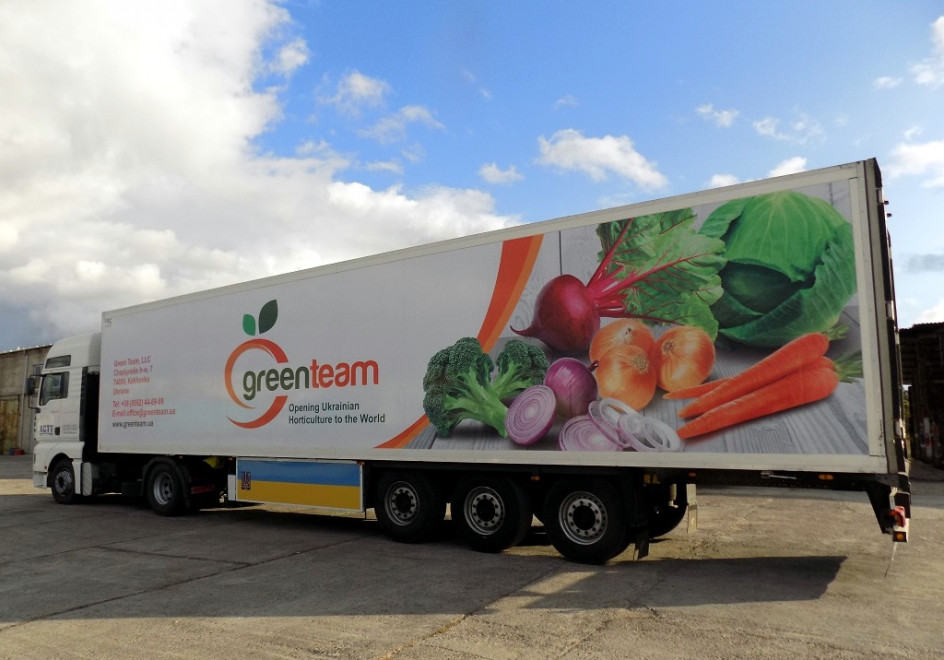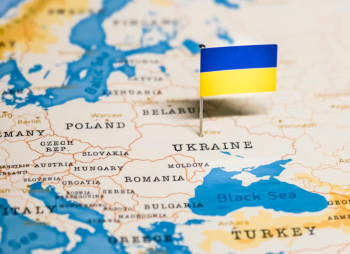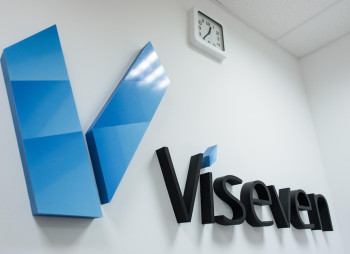Here is a story about establishing and emerging of the largest vegetables storehouse in Ukraine of European quality. At the start in pursue of rapid returns, the company failed but managed to start again after scrutiny of its operational business. Read a story of the successful comeback.
Green Team has a vegetable storehouse for 50 000 tons and farming enterprise Dneprovskaya Zhemchzhyna. The company decided to specialize in the products of the so-called borsch ingredients, and these are cabbage, carrot, red beet, onion, and so on. For the relevant infrastructure, the company spent USD 40mln of foreign direct investments. The projected capacity of the logistics facility foresees further expansion and development plans. The company bought modern equipment to servicing the vegetable storehouse. The cooling and packaging equipment from the Netherlands enables to process 100 tons of products during 11 hours.
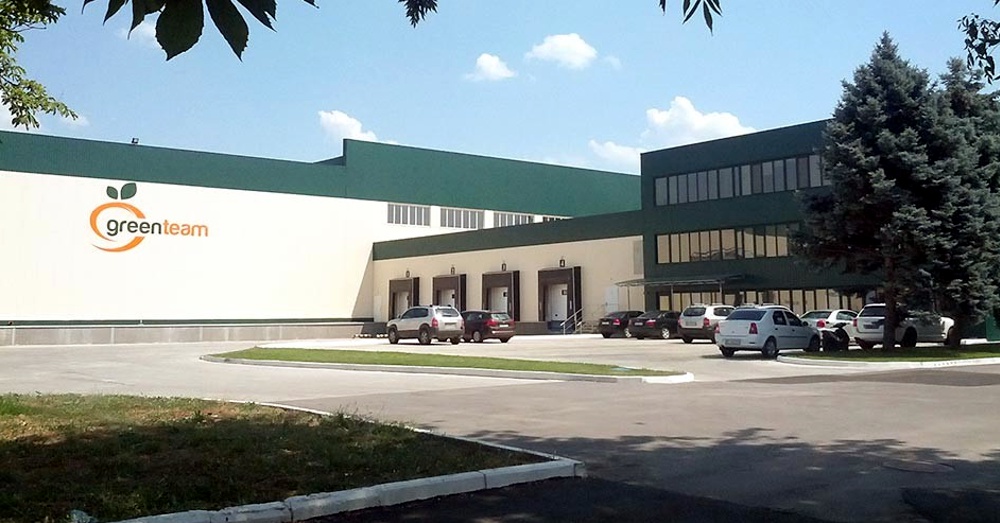
Large investments did not help to capture the market
At the sizable amounts, the investors expected some swift returns and channeled the funds into growing of plants over 500 ha land to be able to operate with its own grown production. The company went into losses, as business operations had not been well established at the time. The great expectations were not rewarded, and Green Team mulled of quitting. For the next 1.5 years, the company analyzed its operations and business processes. After that, the company started to change its market approach being already considered and positioned as large production, storage and distribution enterprise. It has become clear that storage and packaging alone provides low profitability levels.
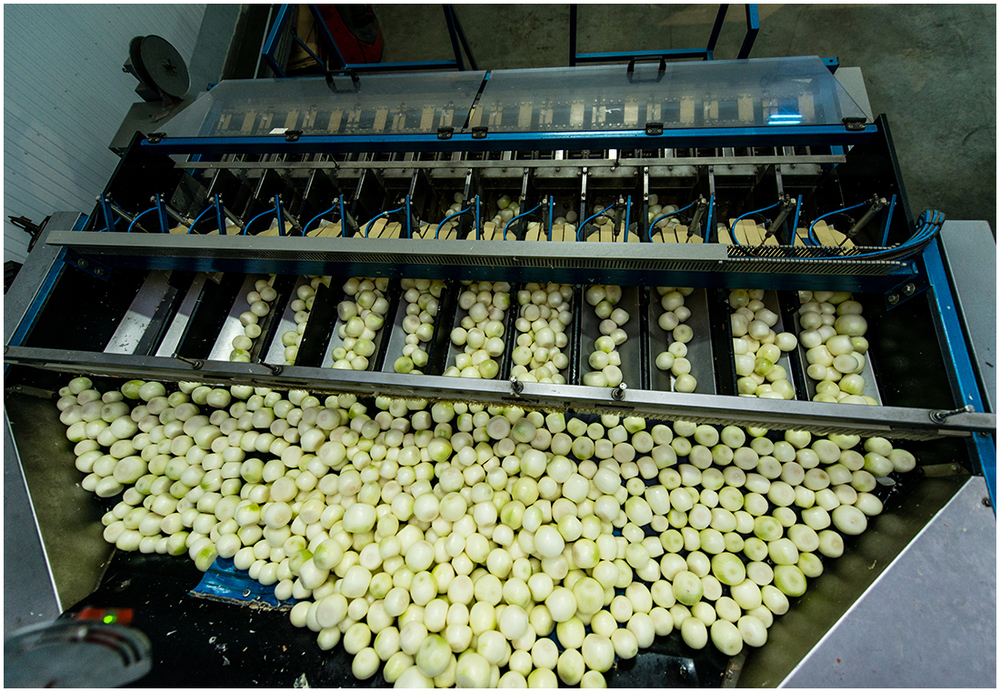
At the start, the primary business model comprised storage and packaging, but not any other services at all
Then, the company focused on services for storing vegetables, as it had appeared to be the most beneficial part of the business. To make business work, the company takes on the Dutch approach in using wooden containers for storage, as it is popular in the West. Such storage units are well transportable for logistics purposes and also it optimizes space occupancy rates provided with phytosanitary norms. The initial plan did not exercise the expected profitability levels, as the first crop brought zero in profits. The work on mistakes provided new set of services leaving no room for growing plants. The company shifted to adding value for goods, laboratory services, and delivering of the Dutch type of containers for vegetables. For instance, the laboratory helped to better the process of selection and storage. Organoleptic estimate provides quality factors upon sample tests. The lab gives results on mechanical injuries as well as diseases.
The company carries two types of lab tests. The first approach is based upon samples taken at the coming of the plants into vegetables storehouse. Another approach takes samples after some time passed in order to provide with recommendation on the best timing for starting sales for the vegetables.
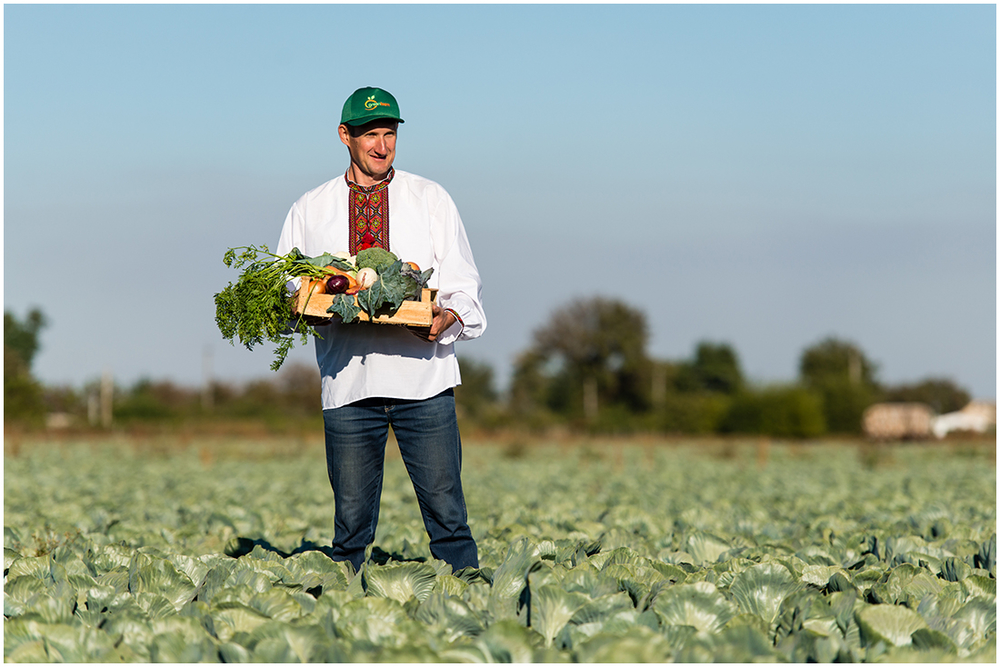
Own plant growing becomes a new stage for the companys comeback
After the scrutiny of the previous experience, Green Team obtained insight for the next efforts. The company decided to plant vegetables on lesser area of 50ha. As of present, the planting takes place over 250ha, and the next year it will reach 300 ha. Such subsequent increase of the acreage for the plant growing helps to efficiently manage the lands and provide goods for storage with own produce. Own production occupies 30% of the storehouse for the time being. Food processing has become the
next step for the development of the company to become a key component of success at the second try. The primary produce sales are not bringing enough revenues, while adding value in food processing is more perspective to undertake. The value after processing increases fivefold. The company also packages foods. Green Team buys packaging materials via tenders, which enables to secure best choices.
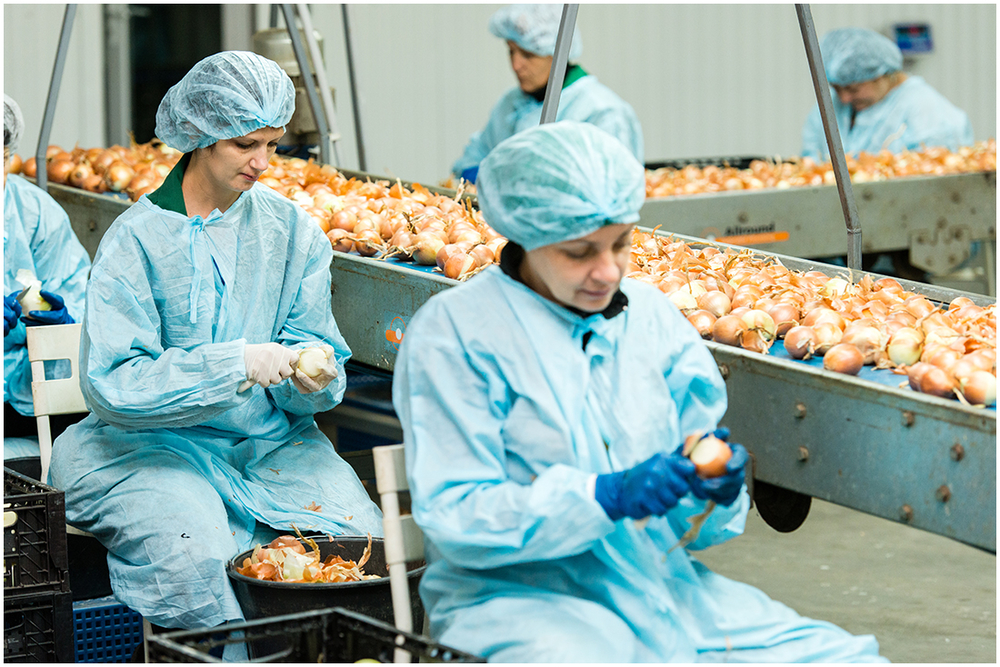
Great Britain acknowledged the quality of the products
As of present, the company may sell not only in Ukrainian retail stores like ATB, Billa or Metro, but also in the British market. Just because of expensive logistics cost, the most beneficial exports are in the processed food segment of the borsch ingredients.
To enter the British market, Green Team managed to receive certification according to standards of BRC and get access to the British retail stores. As of present, the company works upon a contract for a yearly exports of 5 000 tons of the processed foods.
Peol Group helps Ukrainian companies to capture foreign markets
Green Team achieved the following in production
- 1 000 tons of processed foods a year
- packaging and delivery of 1 000 tons of products
- the occupancy rate of the vegetables storehouse at 87%
For the future, the company plans to increase the volumes of own grown vegetables, store other vegetable crops and process them, and capture new markets.
If you have a brilliant idea, it is not yet a guarantee for success. It can be the case for 2-3% of newly established companies yet. The above mentioned story tells that even after a failure, there is a possibility to start from an outset and become a successful company at the end. There is a need for scrutiny, control over operational management, remaining flexible so that to change some planned course of actions, and what is crucial - to be focusing on the fulfillment and not idea, as such.


